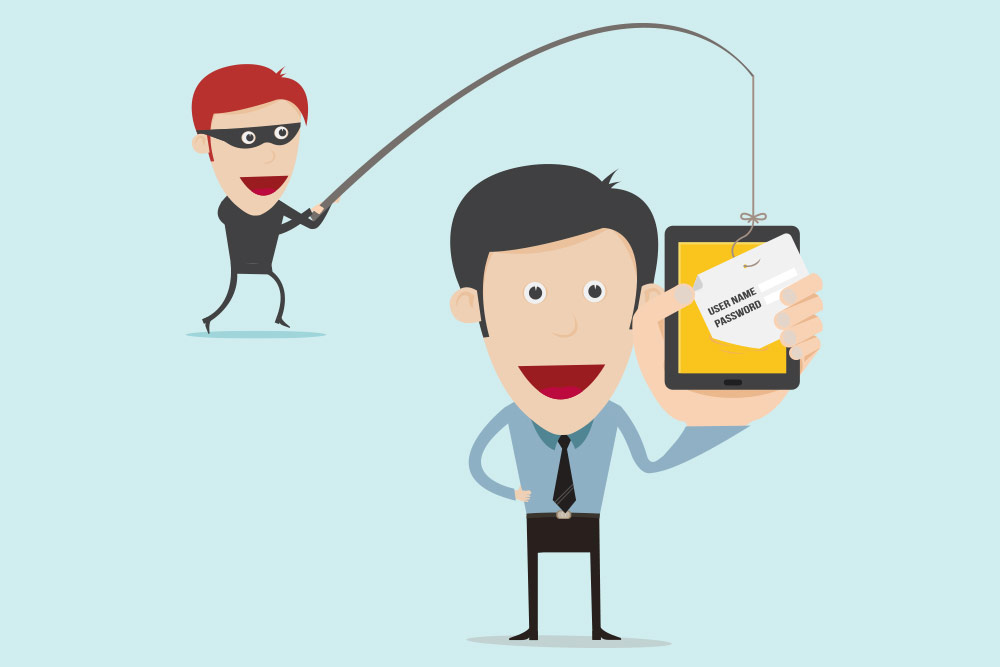Safe Banking and Scams

While online and telephone or other electronic banking is generally safe, there are occasionally opportunities for criminals to interfere with the process to try and steal funds. There are several basic safety steps to follow to minimize the risks:
- Always keep your banking passwords and PIN codes to yourself. If you must keep a written record, do not keep codes and login details together, and keep them in a very secure place.
- Do not use the same password across various online accounts. It's a big risk if that password is exposed or hacked.
- Public access computers such in a library or airport or public wifi networks are not secure and should not be used for online banking. Hackers may have targeted these places to steal your data.
- Beware of emails that request your banking details or passwords, even if they look like they have come from your bank.
Your bank will never contact you to ask for your banking password details.
Call your bank to check on any email received but use the phone number using a directory rather than relying on any number sent with the email; it may be a fake number connecting you direct to the scammers.
MONEY SCAMS
Any email, text message or letter with an offer too good to be true, is probably a scam. Scammers may be after your bank account or trying to use your identification details to commit fraud using your name ('identity theft').
CLASSIC SCAMS TO AVOID:
- A prize from an overseas lottery! If you didn't buy a ticket then you won't have won anything.
- Unexpected inheritance. A wealthy relative you’ve never met wanting your contact or bank details.
- Nigerian money scam. Wealthy African kings won't pay you to 'mind' their money especially if you send your banking details.
- Bogus employment offers. An unexpected 'job offer' requesting your banking details is suspicious. Do not send your details.
- Unexpected tax refund offer by email or phone. The Tax Office does not send emails or call to request your personal information. Clicking links within bogus emails may load viruses onto your computer.
- Phone call from Microsoft Help Desk. A scam to trick you into paying money for computer upgrade or loading viruses on your computer. Hang up!




